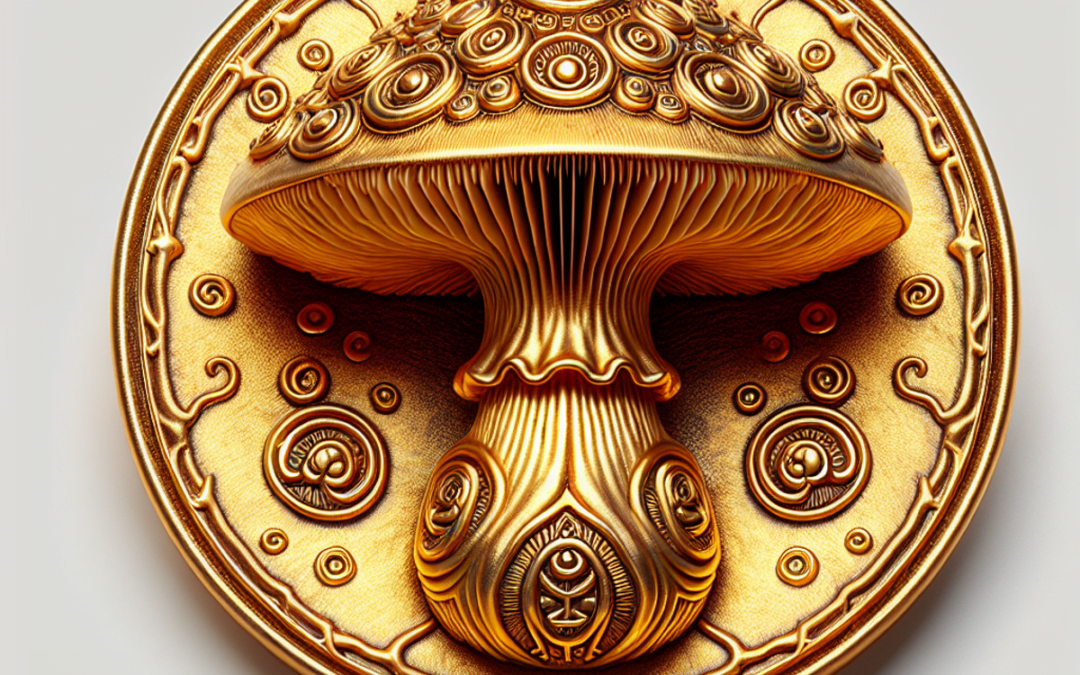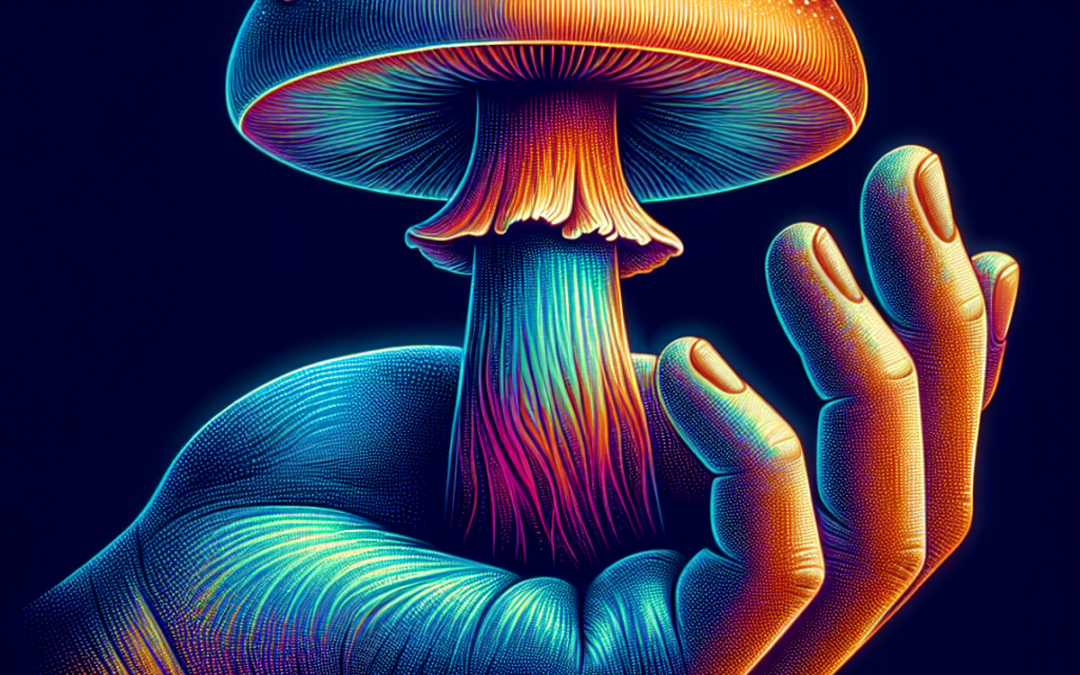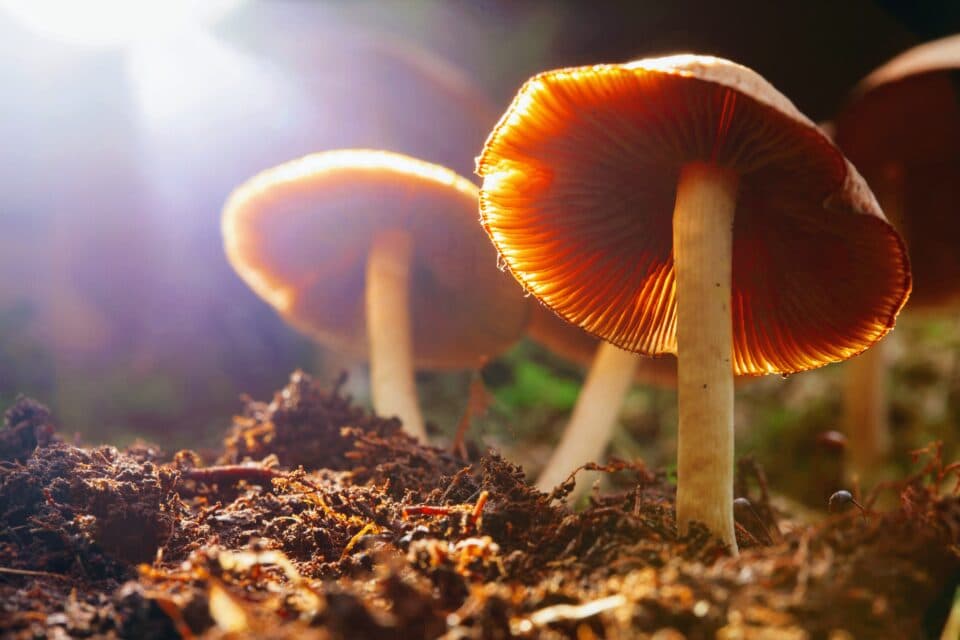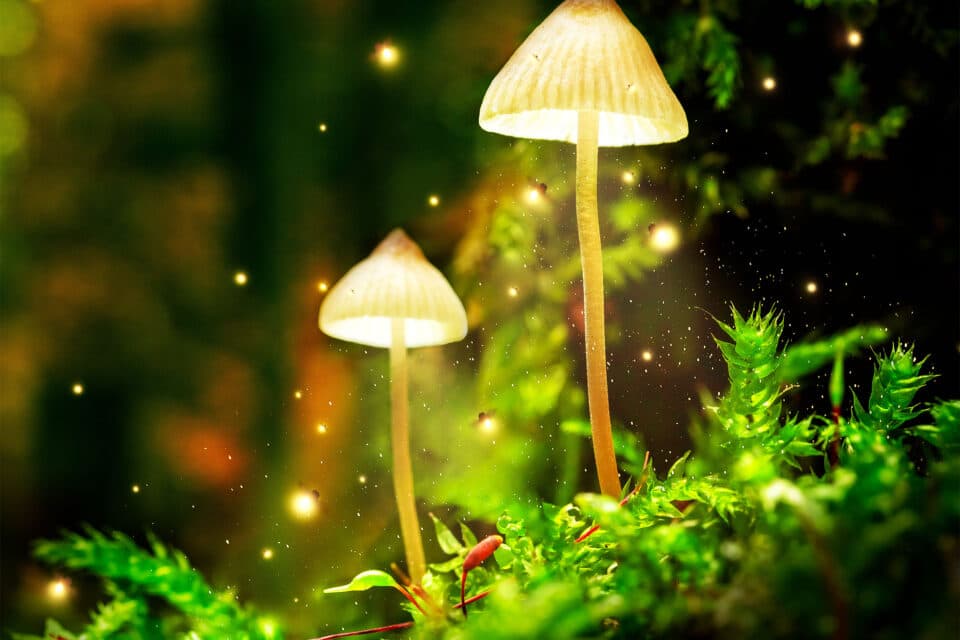Could psychedelics magic mushrooms cure an anxious mind? Author and journalist Michael Pollan thinks so. He spoke to ITV News Science Editor Tom Clarke about his bestseller ‘How to Change Your Mind: The New Science of Psychedelics’.
For his research Pollan, 63, who recently appeared in Netflix series Cooked, personally took psychedelic drugs such as LSD and even the smoked venom of the Sonoran Desert Toad which is hallucinogenic.
In a world grappling with a burgeoning mental health crisis, the prospect of using psychedelics like magic mushrooms to alleviate the burden of anxiety has gained traction. Michael Pollan, a prominent author and journalist, is a vocal advocate for exploring the therapeutic potential of these substances. His bestseller, ‘How to Change Your Mind: The New Science of Psychedelics,’ delves into the transformative possibilities of substances like magic mushrooms and LSD. In a conversation with ITV News Science Editor Tom Clarke, Pollan sheds light on how these substances could offer a novel pathway to addressing mental health challenges.
The exploration of psychedelics as potential remedies for mental health challenges has gained considerable traction, with figures like author and journalist Michael Pollan leading the charge. In his bestselling book, “How to Change Your Mind: The New Science of Psychedelics,” Pollan delves into the transformative potential of substances like magic mushrooms and LSD in addressing mental health concerns, particularly anxiety. In a candid conversation with ITV News Science Editor Tom Clarke, Pollan expounded on his perspectives, offering a thought-provoking exploration of the possibilities these substances hold.
Pollan’s work has ignited a fresh discourse on the role psychedelics might play in the realm of mental health. While the subject remains highly debated and often stigmatized, Pollan’s research draws attention to the emerging body of scientific evidence that suggests psychedelics could offer breakthroughs in treating anxiety and other psychological conditions. By altering perception and cognition, these substances may unlock new avenues of introspection, enabling individuals to confront and reframe their anxiety-ridden thought patterns.
Pollan’s book delves into the profound impact that psychedelics can have on human consciousness. He points out that these substances have been used in various cultures for centuries to induce altered states of perception, often in a sacred or ritualistic context. However, contemporary scientific research is beginning to unravel the potential medical applications of these substances, particularly in the realm of mental health.
Magic mushrooms, containing the psychoactive compound psilocybin, have garnered significant interest due to their potential to alleviate anxiety and depression. Pollan highlights that these substances can induce a deeply introspective and transformative experience, which could help individuals break free from the cycle of anxious thought patterns. The altered state of consciousness induced by magic mushrooms might enable individuals to confront their fears and anxieties in a new light, potentially leading to lasting psychological relief.
While the potential benefits of psychedelics are promising, Pollan acknowledges the necessity for caution and responsible exploration. He stresses the importance of conducting rigorous scientific research to understand the mechanisms of action, optimal dosages, and potential risks associated with these substances. Additionally, he advocates for a shift in societal perceptions surrounding psychedelics, moving away from the stigmatization that has historically been associated with these compounds.
Pollan’s insights underscore the evolving narrative surrounding mental health treatment. As the conventional approaches prove insufficient for addressing the scale of the crisis, exploring unconventional avenues becomes imperative. However, it’s essential to proceed with a balanced and informed perspective, combining scientific research, therapeutic guidance, and open public discourse. While the idea of magic mushrooms as a remedy for an anxious mind is intriguing, it’s clear that a comprehensive and collaborative effort is required to unlock the full potential of psychedelics in mental health care.





